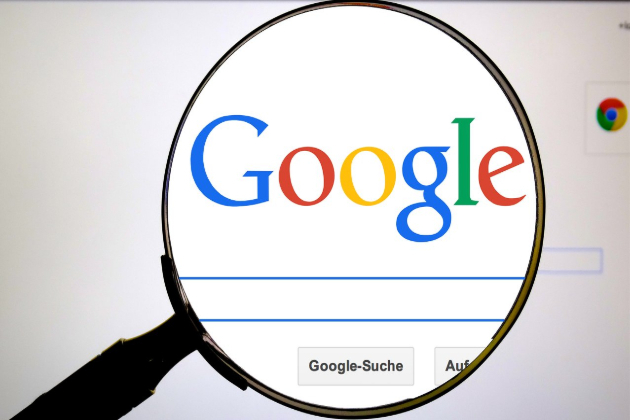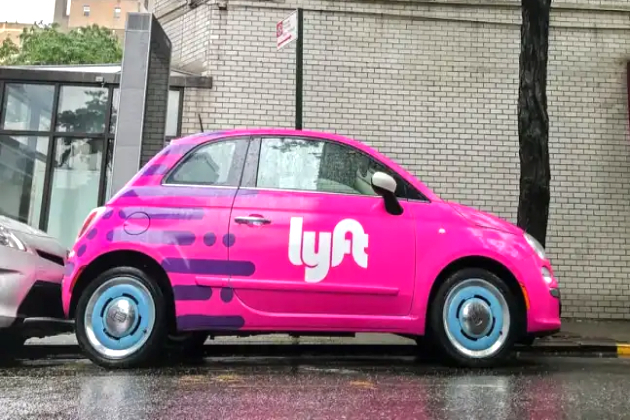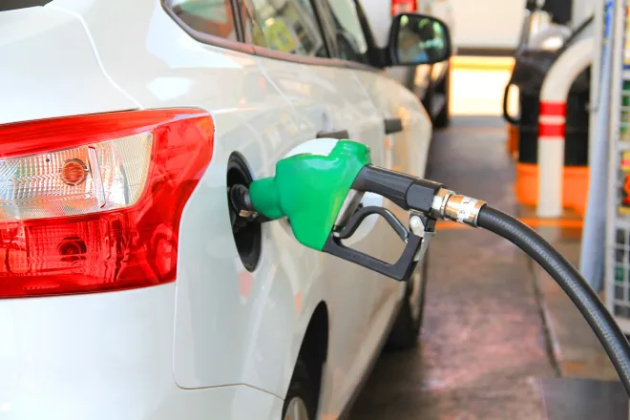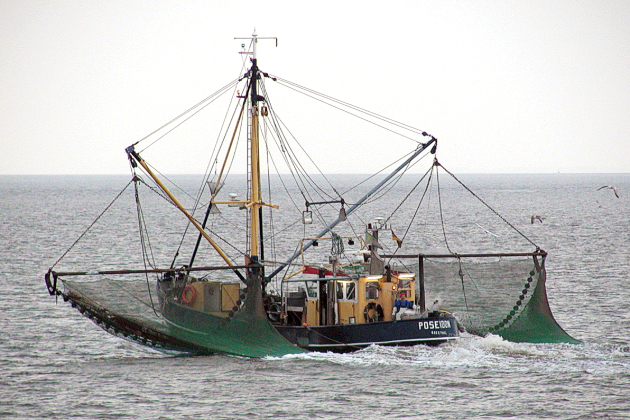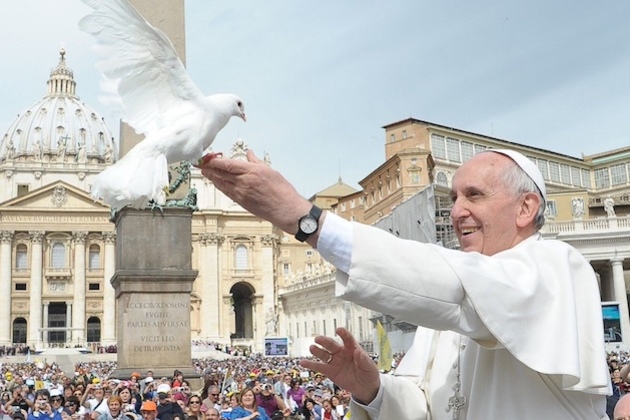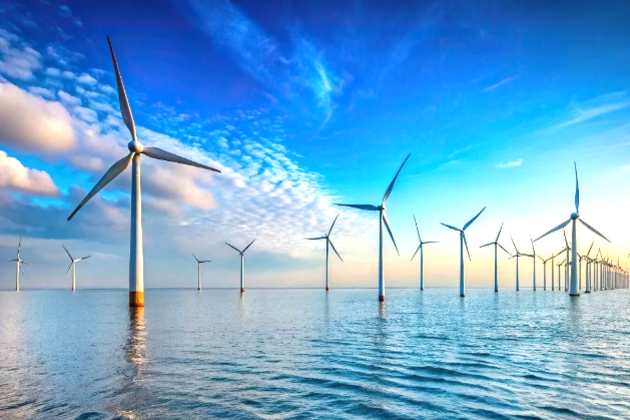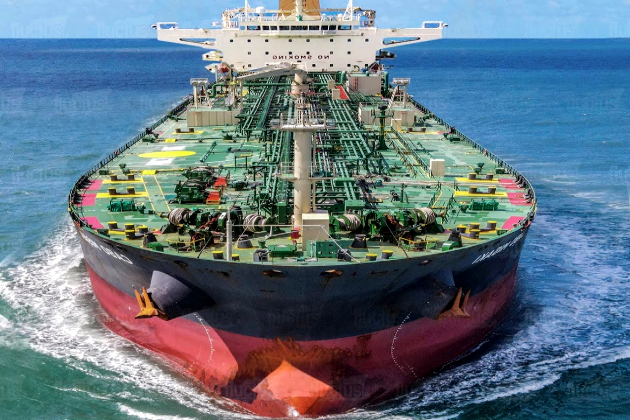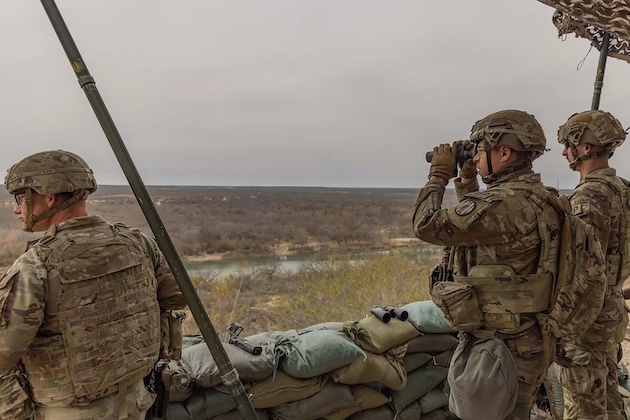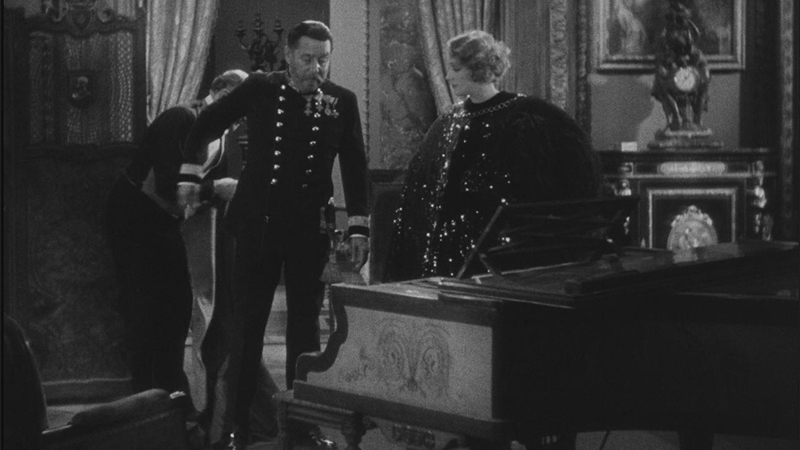Re-arming Europe EU tested to turn talk into action
Voice of America
04 Mar 2025, 22:19 GMT+10
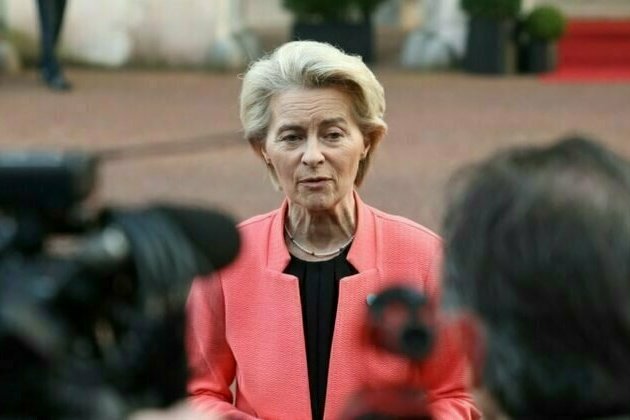
With Washington’s sudden pause on military aid to Ukraine as a backdrop, worried European Union leaders meet in Brussels Thursday to discuss steps to beef up EU defenses against Russia.
“The question is no longer whether Europe’s security is threatened in a very real way, or whether Europe should shoulder more of its responsibility for its own security,” said European Commission chief Ursula von der Leyen ahead of the summit, as she outlined a multi-pronged $840 billion defense financing plan for the 27-member bloc.
“The real question in front of us,” she said, “is whether Europe is prepared to act as decisively as the situation dictates — and whether Europe is ready and able to act with speed and ambition that is needed.”
That message has been resonating across multiple emergency summits that gathered European leaders fearful of possible U.S. disengagement, and has resulted in new European defense spending commitments, after years of Washington demands to take on more of the burden.

Trump pauses US aid to Ukraine
But EU members also face steep challenges as they move to rearm, from sometimes shaky governments and economies, to skeptical populations and a surging far right that is often more favorable toward Russia.
Especially concerning for many is the Trump administration’s possible pivot from a longstanding transatlantic alliance.
“It raises very big issues for the future of the European Union — and I think people in Europe are very aware of this,” said Ian Lesser, who heads the Brussels office of the German Marshall Fund policy institute. “Is Europe going to address these challenges, whether it’s on trade or defense — in a collective way? Or are countries, member states, going to go their own way?"
Sense of urgency
For many EU leaders, today’s message is unity. During a summit in London, EU countries and non-member Britain agreed to develop their own peace plan for Ukraine to present to Washington. France and Britain also backed a “coalition of the willing” sending troops to Ukraine to enforce any peace deal.
French President Emmanuel Macron — who has long called for a more militarily autonomous Europe — has also suggested extending France’s nuclear deterrence to other European countries.
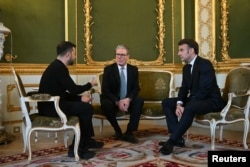
“The sense of urgency is finally catching up with European leaders but it’s not sufficient at the moment,” said Olena Prokopenko, a senior German Marshall Fund fellow. “We see different levels of understanding of the level of threat that Europe is facing at the moment.”
“I see some degree of — I don’t want to say panic — but really alarmed Europeans who realize they need to stick together as much as possible,” said Elie Tenenbaum, director of security studies at the French Institute for International Relations in Paris.
Still, he added, Europe faces a daunting task. “If the Europeans want to step up and make up for the loss of American aid to Ukraine, it needs to happen now,” Tenenbaum said. “They need to put the money on the table, they need to pass on the orders to the defense industry.”
Beyond Ukraine, the Brussels-based Bruegel policy institute estimates Europe would need 300,000 more troops and hundreds of billions more dollars to deter possible Russian aggression without the United States.
Europe is “lacking ammunition, we’re lacking replacement parts, we’re lacking readiness,” Tenenbaum said.
Former French ambassador Michel Duclos, however, points to Europe’s assets. “Yes, we are not in a good situation,” said Duclos, now an analyst at the Montaigne Institute research group in Paris. “But at the same time, in demographic terms, in economic terms, we could be much stronger than Russia, if we are able to put our act together in defense terms.”
Pushback
Europe’s new security ambitions are already facing pushback. France’s powerful far-right National Rally party, for one, has rejected France including Europe in its nuclear deterrence capability, and leader Marine Le Pen describes an independent European defense as “illusory.”
Hungary’s Viktor Orban, noted for his friendly Kremlin ties, has called on Europe to instead enter direct talks to bring about a ceasefire between Ukraine and Russia.
Many European economies are struggling, while public support for Ukraine is fading in some countries. A pair of recent polls, for instance, shows that while two-thirds of French citizens believe Europe should continue supporting Kyiv, three-quarters don’t want French boots on the ground — except to enforce a possible peace.
“So far, European leaders have been trying to be more reassuring than alarming,” says analyst Tenenbaum, of the message many are sending their populations. “But if they want to justify higher defense spending and risk taking, then they will need to be much more vocal” about the dangers the region is facing.

Trump-Zelenskyy White House meeting on mineral deal devolves into heated exchange
For analyst Duclos, last week’s heated White House meeting between U.S. President Donald Trump and his Ukrainian counterpart Volodymyr Zelensky offered an impetus to prepare Europeans for going it alone.
“What happened in the Oval Office last week was useful to make people understand we disagree not only on the means, instruments and policies, but on something more fundamental: on values, on the threat perception,” he said of growing transatlantic differences. “And for the French public, it was the most powerful of wake-up calls.”
 Share
Share
 Tweet
Tweet
 Share
Share
 Flip
Flip
 Email
Email
Watch latest videos
Subscribe and Follow
Get a daily dose of Switzerland Times news through our daily email, its complimentary and keeps you fully up to date with world and business news as well.
News RELEASES
Publish news of your business, community or sports group, personnel appointments, major event and more by submitting a news release to Switzerland Times.
More InformationEurope Business
SectionUK seeks $6 billion fine against Google, claims unfair practices
LONDON - Google is facing a multibillion-pound legal challenge in the UK over allegations it misused its dominance in online search...
Eyeing new opportunities, Lyft joining European market
Lyft is making its first move into Europe with the purchase of mobility platform FreeNow, a nearly $200 million deal that signals a...
Dublin councils unite to propose tourist tax
DUBLIN, Ireland: Dublin's four local councils are joining forces to push for the introduction of a tourist tax, aiming to unlock a...
Report: Fuel prices unchanged in Ireland
DUBLIN, Ireland - Fuel prices across Ireland have held firm for another month, with no change recorded in petrol, diesel, or electric...
Ireland Deputy PM calls potential US tariffs on EU Pharma 'bizarre'
DUBLIN, Ireland: Tanaiste Simon Harris has said it would be bizarre for the United States to impose new tariffs on EU pharmaceutical...
Rafael Nadal, Armand Duplantis, Simone Biles emerge as winners at Laureus World Sports Awards 2025
Madrid [Spain], April 22 (ANI): Former Tennis player Rafael Nadal, Paris Olympics 2024 champions Armand Duplantis, Simone Biles, and...
International
SectionTrump signs order to ease seafood industry rules
WASHINGTON, D.C.: President Donald Trump has signed an executive order directing the U.S. Commerce Department to ease regulations on...
World mourns loss of Pope Francis, dead at 88
THE VATICAN - The world is in shock and mourning on Easter Monday as it woke to the news that Pope Francis had died. Having recently...
Ex NYC police officer sentenced for illegal work tied to China
NEW YORK CITY, New York: A former New York City police sergeant, Michael McMahon, was sentenced this week to 1.5 years in prison. He...
U.S. halts Equinor's Empire Wind Project over environmental concerns
WASHINGTON, D.C.: U.S. Interior Secretary Doug Burgum has ordered a stop to construction of Equinor's Empire Wind project off New York's...
Asian nations boost US energy buys amid trade tensions
SINGAPORE: Amid rising trade tensions, several Asian nations are stepping up energy purchases from the U.S. in hopes of easing tariff...
US turns over border area to US Army to prevent crossings
WASHINGTON DC - In a bid to combat illegal border crossings, the Trump Administration has enacted an emergency transfer of some 110,000...

